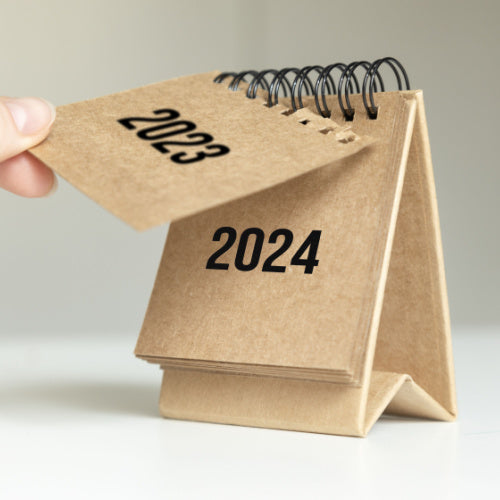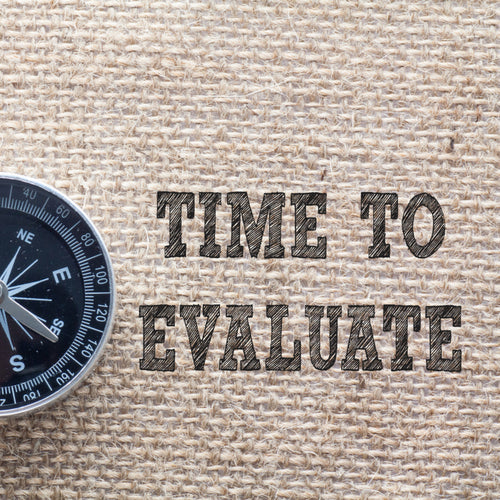The application phase is over, and the interviews are on the calendar. You're ready to use the same behavioral interview questions that have been in rotation for the past five years.
However, today's candidates come prepared—they've done their homework, searching for and practicing answers to common interview questions. As the interviewer, you must match this level of candidate preparation.
To secure the top talent, elevate your interview process.
Beyond knowing the skills, abilities, and knowledge (KSA) required. Recognize the specific business challenges that each role addresses.
Do you know the key problem that needs solving for the position you're hiring? Have you identified the traits shared by your top-performing employees? Without these insights, you risk merely ticking boxes instead of truly understanding what makes an ideal candidate. Pinpoint attributes to craft questions that reveal the true caliber of your applicants.
Delve Deeper: Investigate Thoroughly Before the Interview. Recruiters often skim resumes for just six seconds, and hiring managers spend merely minutes reviewing them before the interview. This cursory resume review is hardly enough to form meaningful questions.
To truly engage candidates and foster a dynamic interview, you need a deep understanding of their backgrounds. Lay the groundwork for insightful and engaging discussions that go beyond the surface.
Facilitate Dialogue: Transforming Interviews into Meaningful Conversations. The more you know about a candidate beforehand, the better you can tailor your questions to their experience.
Active listening is key—allow the candidate to lead the conversation. Provide candidates with the space to offer detailed responses and additional insights. This approach not only reveals more about the candidate but also demonstrates your respect for their experience and thoughts.
Seek Practical Solutions: Moving Beyond Traditional Interview Questions. Traditional questions like 'What are your weaknesses?' are not only outdated but also ineffective.
Outdated questions invite rehearsed responses and offer little insight into the candidate's actual problem-solving abilities. Instead, present candidates with real-world challenges your team faces, or describe a current process and ask how they would improve it. This interview approach will provide a clearer view of their critical thinking and problem-solving skills.
Refine Inquiry: Mastering Follow-Up Questions for Deeper Understanding. Active listening during the job interview provides opportunities for deeper inquiry.
Candidate responses are opportunities for follow-up questions. Follow-up questions allow you to delve into the 'how' and 'why' behind their actions. This creates a richer understanding of their experience and their approach to problem-solving.
Demonstrate Empathy: Prioritizing Compassionate Interview Practices. Treating candidates with kindness and respect is not just about common courtesy; it also impacts your organization's reputation.
A positive interview experience can enhance your employer brand, making your company more attractive to top-tier talent. Remember: the interview is a two-way street. The impression you leave can significantly influence a candidate's perception of your company and company culture.
Closure with Care: Providing Thoughtful Feedback for All Candidates. Provide timely and considerate feedback to all candidates, including those not selected.
A well-crafted rejection message can maintain a positive perception of your employer brand. Leave candidates feeling respected and valued, even when they weren't the chosen applicant. Learning to deliver rejection with empathy and professionalism is key to maintaining a positive corporate image.




